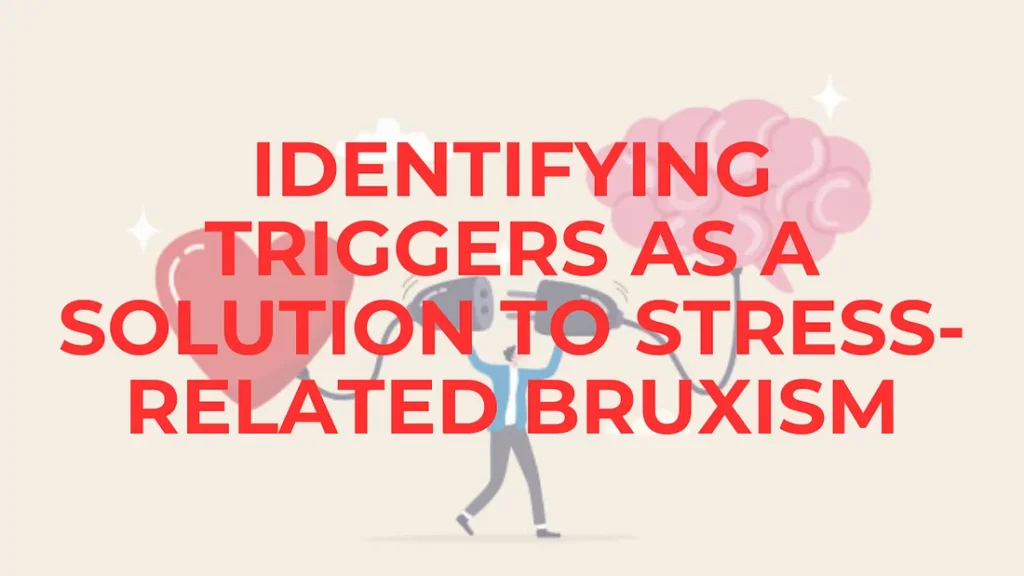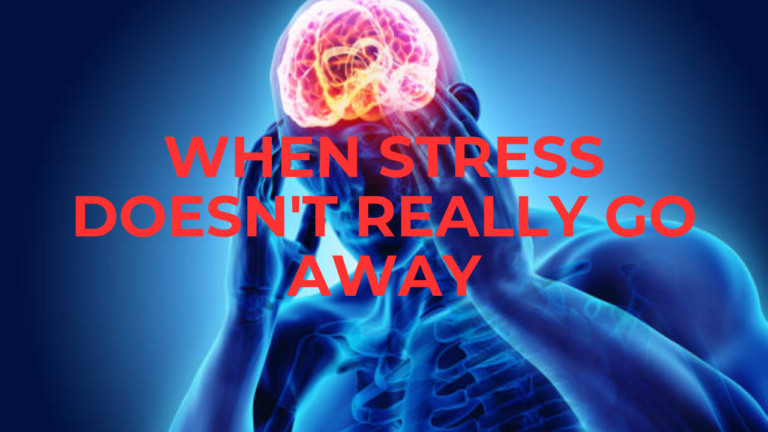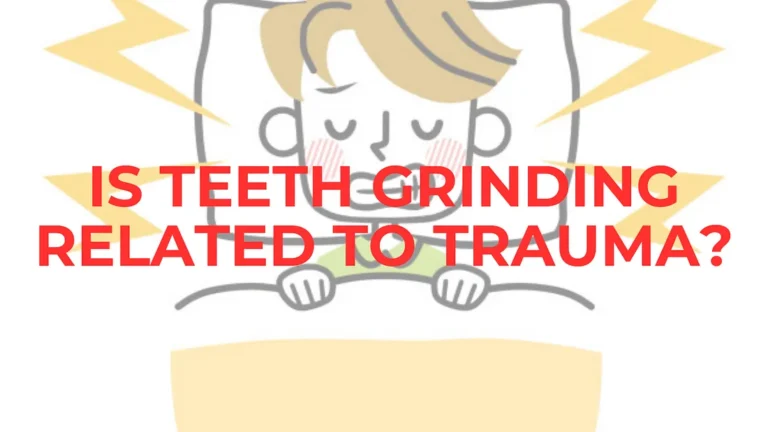Book Appointment Now
Psychology of Teeth Grinding: Is Identifying Triggers a Solution to Teeth Grinding?

Today, I’d like to answer this question: Is identifying triggers a solution to teeth grinding and stress-related bruxism?
Table of Contents
Understanding Triggers
By identifying triggers, I mean looking for what’s triggering your stress during the day or what’s causing you to grind your teeth or clench your jaw. For some people, it can be when they’re driving, stressed at work, having an argument with their partners, or concentrating on something.
Identifying those instances when your daytime teeth grinding is being triggered is a very good way to understand what’s leading to stress in your life. When you identify the thing causing stress, you can take proactive measures to deal with it.
Practical Strategies for Managing Daytime Bruxism
For example, if you grind your teeth when you’re driving, instead of continuing to grind your teeth, you can look for another solution to relieve that stress, like chewing gum or simply being aware of it, because sometimes being aware stops the grinding.
You can even list all the triggers throughout the day and come up with healthier coping skills to deal with the stress or the trigger of your teeth grinding. This can help you out because any time you’re stressed, instead of grinding your teeth unconsciously, you have another coping skill to replace the teeth grinding.
The Limitations of Trigger Identification for Teeth Grinding
It’s helpful to identify a trigger and deal with it using good coping skills, but sometimes it may not be enough. This is because the stress you are experiencing might have another root cause. By dealing with the stress as it arises, you are not addressing addressing the root cause.
For example, if you normally get stressed when arguing with your partner, dealing with that stress might involve picking another coping mechanism, but what if the root cause is leaving the relationship? Sometimes the stress is a manifestation of something much deeper.
Addressing the Root Cause with a Deeper Solution to Teeth Grinding
Dealing with the stress or finding a coping skill to release it is okay, but sometimes the root cause is something else. By going deeper into what’s causing the stress, you can find the root cause. When you deal with the root cause, you address the problem at a deeper level, not just the symptom, which is the stress.
Identifying triggers and finding solutions to deal with those symptoms is very helpful, but in the long run, it may still keep you stuck with the same problem. It’s like putting out fires without dealing with the source.
Eventually, you might get tired of just tracking down your triggers. However, when you deal with the source of the fire, what’s fuelling the stress, you address it holistically. By doing that, even the unconscious teeth grinding that happens when you’re not aware may stop.
If you also want to learn more about the topic, I’ve also written other articles on teeth grinding here.
Conclusion
Identifying the triggers of your teeth grinding is a great first step in the process towards gaining control over this stress-related bruxism and unconscious behavior. Being aware of the specific moments in time that lead to jaw clenching, you empower yourself with knowledge.
However, this is just the beginning. For a true and lasting solution, it’s important to go deeper and address the underlying psychological or emotional causes of your stress and bruxism. This holistic approach not only helps in managing symptoms but also fosters a profound and sustainable healing process.
Common FAQs About Teeth Grinding
Can stress cause teeth grinding?
Yes, Stress, anxiety, and tension are among can cause teeth grinding, both during the day and at night. When you’re stressed, your body tenses up, and this tension often manifests in the jaw muscles, leading to clenching and grinding.
Note from the Author
If you’re ready and you’d like my help with overcoming chronic teeth grinding and clenching habits for Improved Oral Health and Reduced Stress, then you can book a FREE BREAKTHROUGH CALL with me HERE. Happy healing 💙💙. Feel free to share and comment! Use this information with caution, it comes from my own thoughts & bias, experiences and research😊.
Disclaimer: I am not a Dentist, but a therapist specializing in offering support and guidance in addressing the psychological factors contributing to bruxism.







